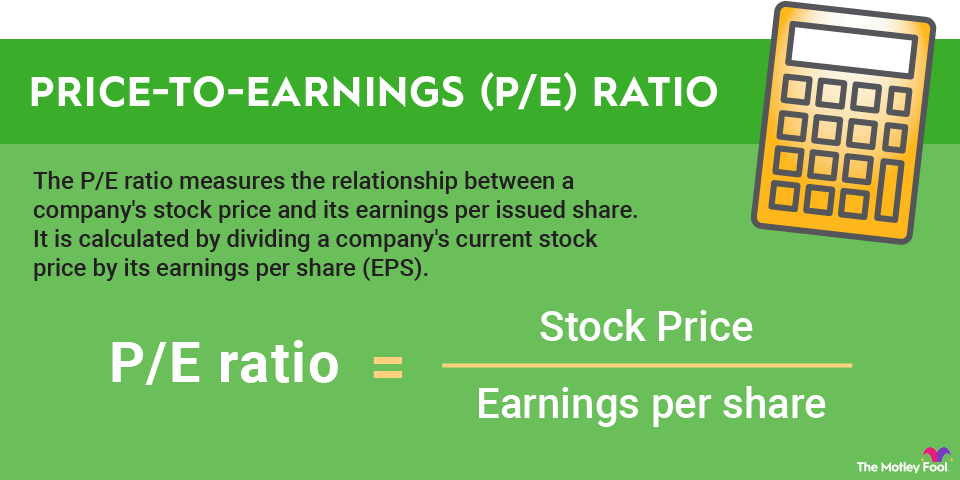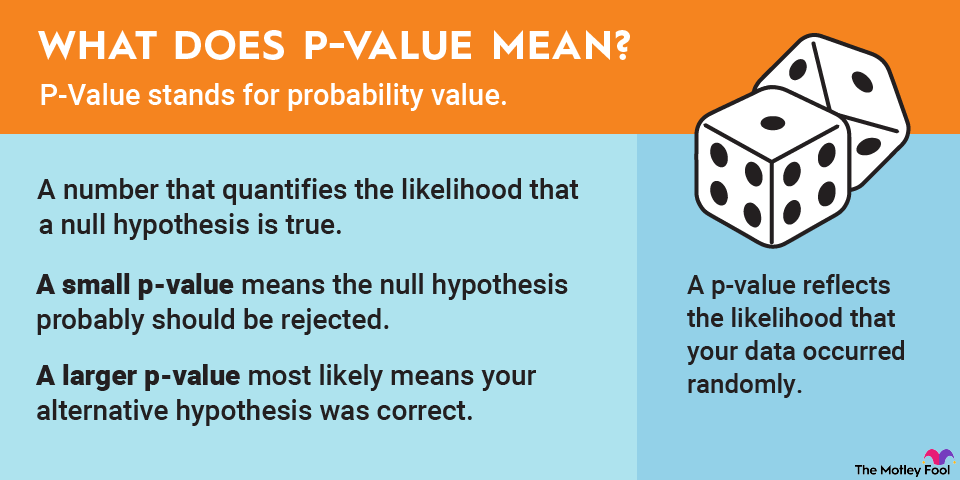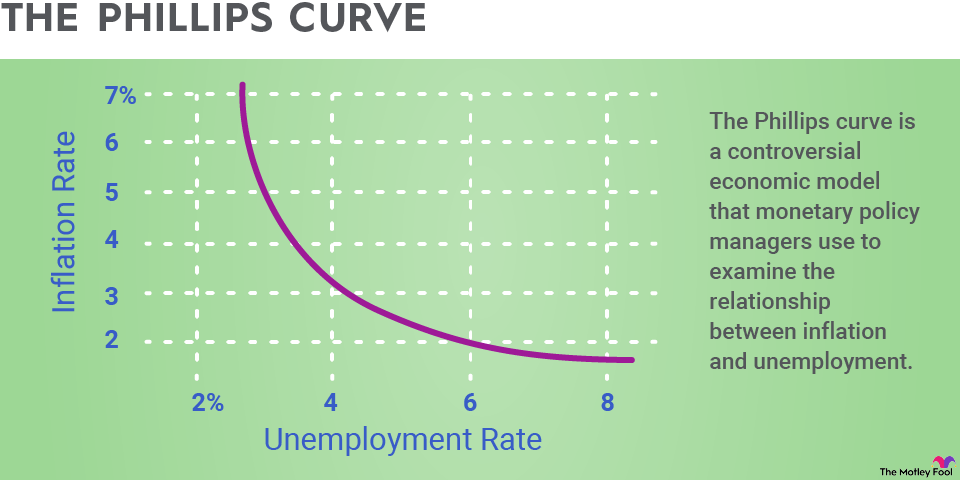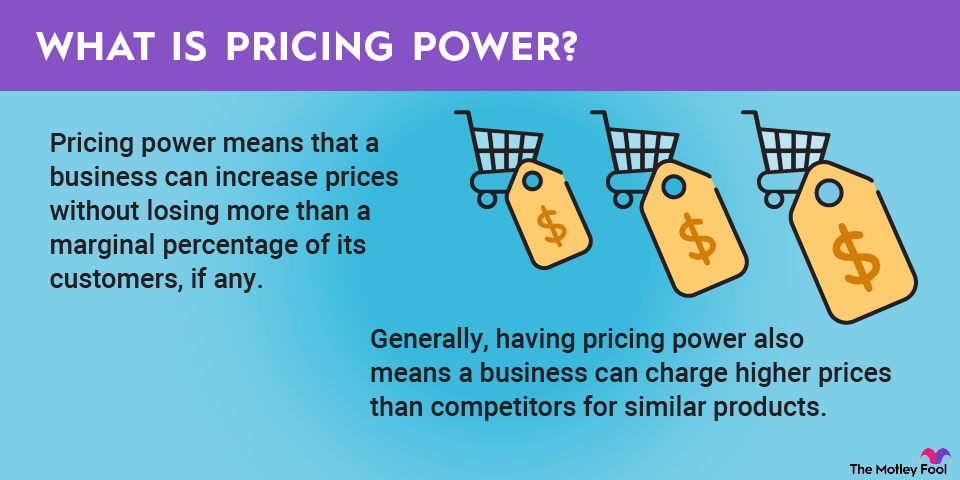If you work a job that doesn't have an end date and you're on your company's payroll, chances are you're a permanent employee. A permanent employee is someone who's hired by a company and receives an hourly wage or salary. In this article, we'll cover the difference between a permanent employee and a contract employee and how being a permanent employee affects your finances.

What is a permanent employee?
A permanent employee is someone hired and directly paid by a company and whose employment doesn't have a predetermined end date. Both full-time and part-time workers can be permanent employees.
The benefits of being a permanent employee vary by company. But if you're a permanent employee, you'll often get the following perks on top of a steady paycheck:
- Health benefits: Most permanent employees have access to employer-sponsored health insurance. Employers cover about 82% of single-employee premiums and 70% of family premiums on average.
- Employer-sponsored retirement account: Many employers sponsor a retirement account, like a 401(k) plan, and match at least part of the employee's contributions. The average 401(k) company match is about 5%.
- Paid time off (PTO): Most companies offer some permanent employees PTO, such as vacation time, sick days, parental leave, and paid holidays.
- Other benefits: Depending on your employer, you may have other benefits, like group life insurance, disability insurance, and tuition reimbursement.
Permanent employee versus contract employee
While a permanent employee is on a company's payroll for an indefinite amount of time, a contract worker is someone who is not on the company's payroll and who's paid a fee for their services. Contract workers are sometimes referred to as freelancers, gig workers, independent contractors, or self-employed individuals.
Permanent employees have taxes deducted from their paychecks by their employer and receive a W-2 form at tax time. Contract workers receive a 1099 and are responsible for their own tax withholdings.
W-2
Permanent employees and contract workers may fulfill similar job duties. While contract workers are often hired for a specific project or a set period of time, some companies employ long-term contractors.
However, not even a long-term contractor is entitled to employee benefits like health insurance, PTO, or a retirement plan. Contract workers also don't have protections like unemployment insurance. If a company declines to renew a worker's contract, that employee must find another way to earn the income.
What are the pros and cons of being a permanent employee?
Some of the advantages of being a permanent employee include:
- Stability: You'll be paid on a regular schedule. Although some permanent employees may see their income fluctuate at times, income is more predictable than if you're a contractor.
- Benefits: You'll usually receive health insurance, retirement benefits, and PTO if you're a permanent employee.
- More access to resources: Permanent employees often have access to company-sponsored training or may be able to attend conferences on the company dime to develop their skills.
Some of the drawbacks include:
- Less control over your schedule: When you're a permanent employee, you'll likely work a schedule required by your employer. Contractors have far more control over their schedules.
- Restrictions on outside employment: Employers are much more likely to restrict you from pursuing other job opportunities if you're a permanent worker. For example, some companies prohibit employees from working a second job or starting a side business, or they require a non-compete agreement as a condition of permanent employment.
- Earnings may be limited if you have in-demand skills: If you're highly specialized in your field, you can often earn significantly higher hourly wages as a contractor than as a permanent employee.
Related investing topics
Example of a permanent employee
Suppose you're hired to be a web developer for a tech start-up as a full-time W-2 salaried employee. Because you're on the payroll and there's no end date for your employment, you're a permanent employee. The company also employs independent contractors, but they're paid per project.
Now, let's say that this once-promising start-up runs into tough times. You're still a permanent employee, so you will continue to collect your paycheck even though there's less work to do. Meanwhile, those contract workers may get fewer projects, which means they will earn less money and have to look elsewhere.
Conversely, they might get even more work from your company. Some employers encountering tough times try to save money on taxes and benefits by laying off permanent employees and replacing them with contract workers.
Regardless, the word "permanent" isn't quite accurate for any employment agreement, as you discover when you get laid off or the company goes bust. However, because you're a permanent employee, you're able to receive unemployment benefits and possibly negotiate a severance agreement. But if you were a contractor, you'd get nothing.



















